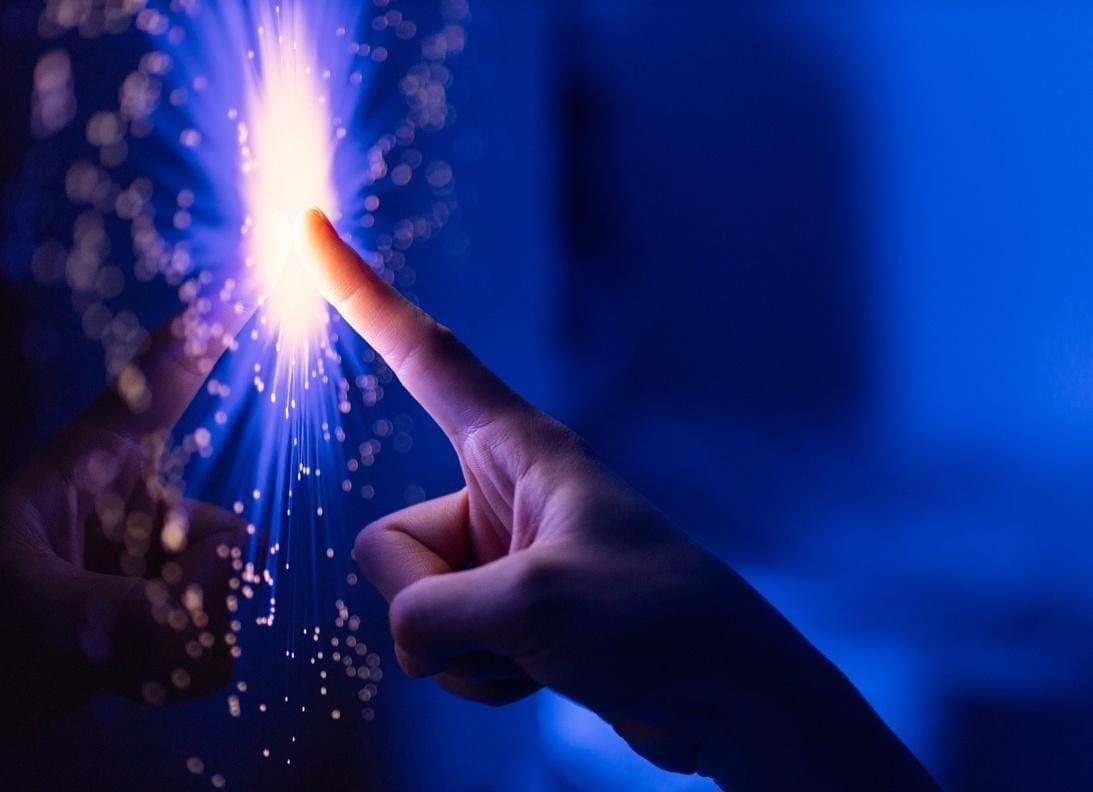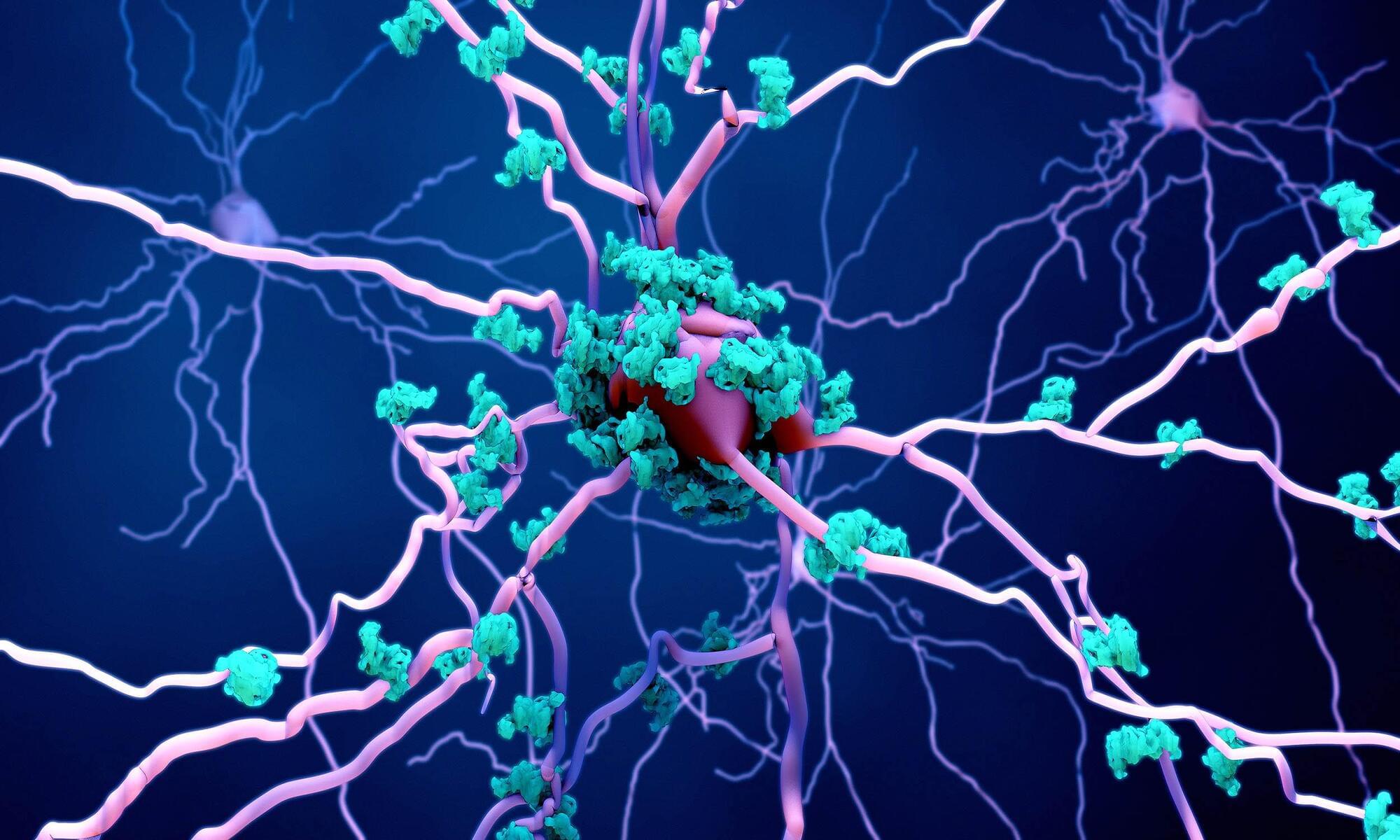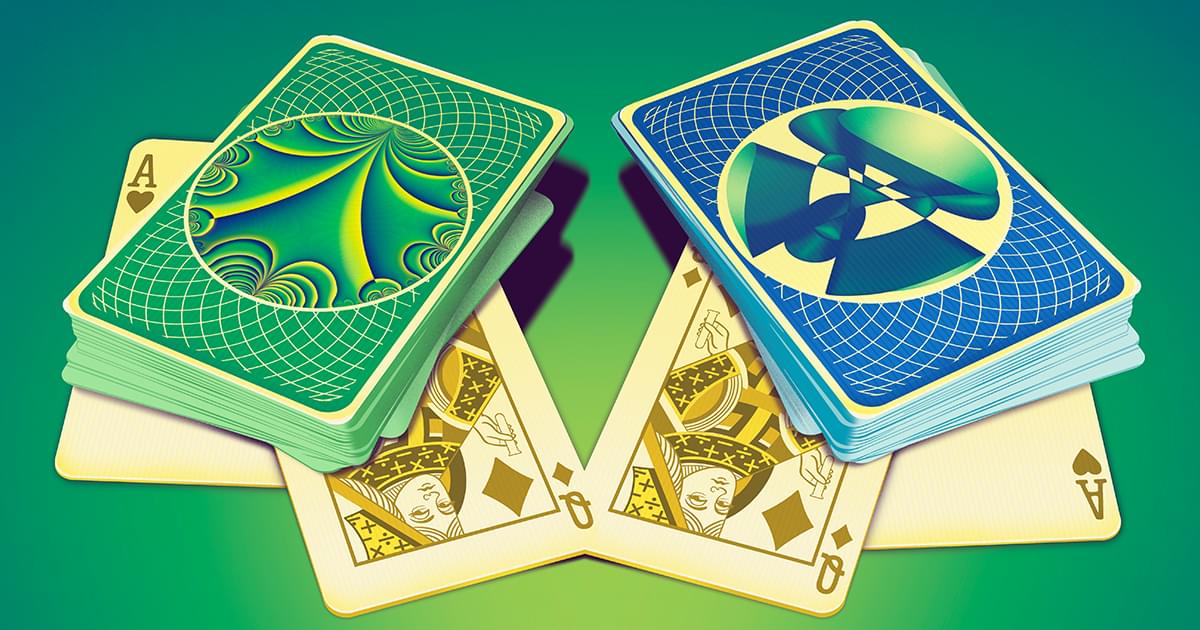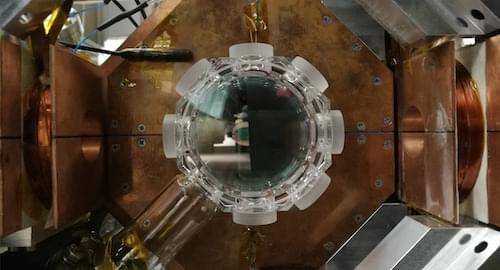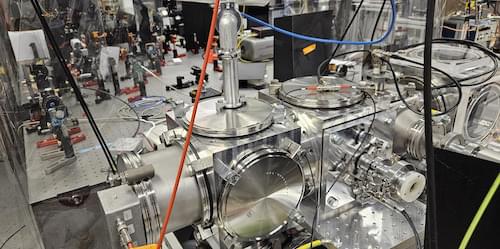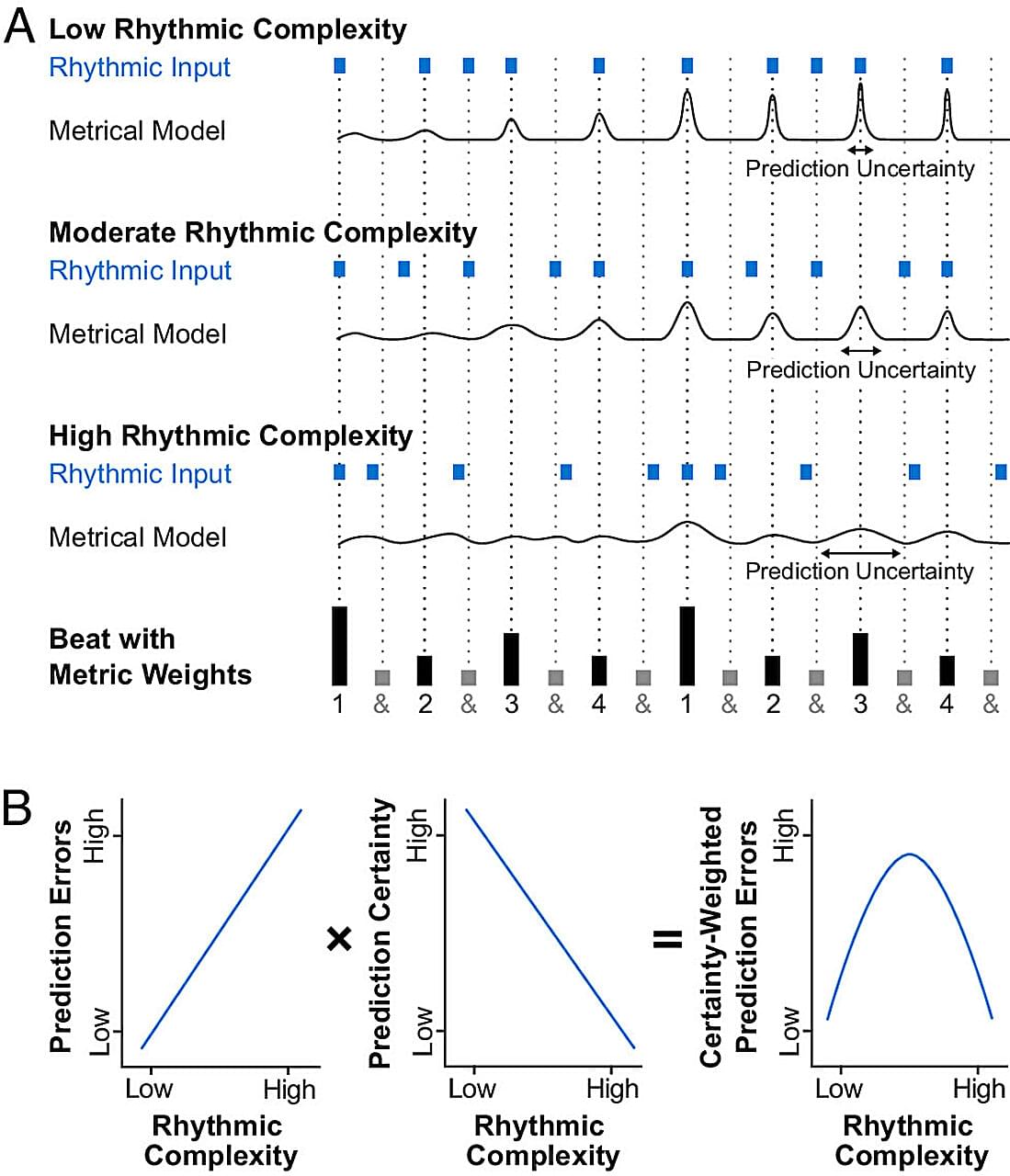What if accessing knowledge, which used to require hours of analyzing handwritten scrolls or books, could be done in mere moments?
Throughout history, the way humans acquire knowledge has experienced great revolutions. The birth of writing and books altered learning, allowing ideas to be preserved and shared across generations. Then came the Internet, connecting billions of people to vast information at their fingertips.
Today, we stand at another shift: the age of AI tools, where AI doesn’t just give us answers—it provides reliable, tailored responses in seconds. We no longer need to gather and evaluate the correct information for our problems. If knowledge is now a tool everyone can hold, the real revolution starts when we use this superpower to solve problems and improve the world.
